Numerous shows have aimed to replicate the success of “Game of Thrones,” including HBO’s own prequel series delving into the decline of House Targaryen.
While many of these contenders belong to the fantasy genre, they share the belief that audiences crave stories akin to the one featuring dragons and ice zombies. However, beyond the fantastical elements, what truly distinguished “Game of Thrones” was its grounded portrayal of high-stakes political maneuvering.
Despite HBO’s substantial investment in bringing Westeros to life, the essence of the show often resided in intimate conversations held in grand chambers. Moments like the passive-aggressive exchanges between characters like Varys and Littlefinger resonated more profoundly than some of the show’s epic battle sequences. Moreover, the meticulous construction of Westerosi history added to the immersive nature of the series, making “Game of Thrones” one of the most captivating television experiences to date.
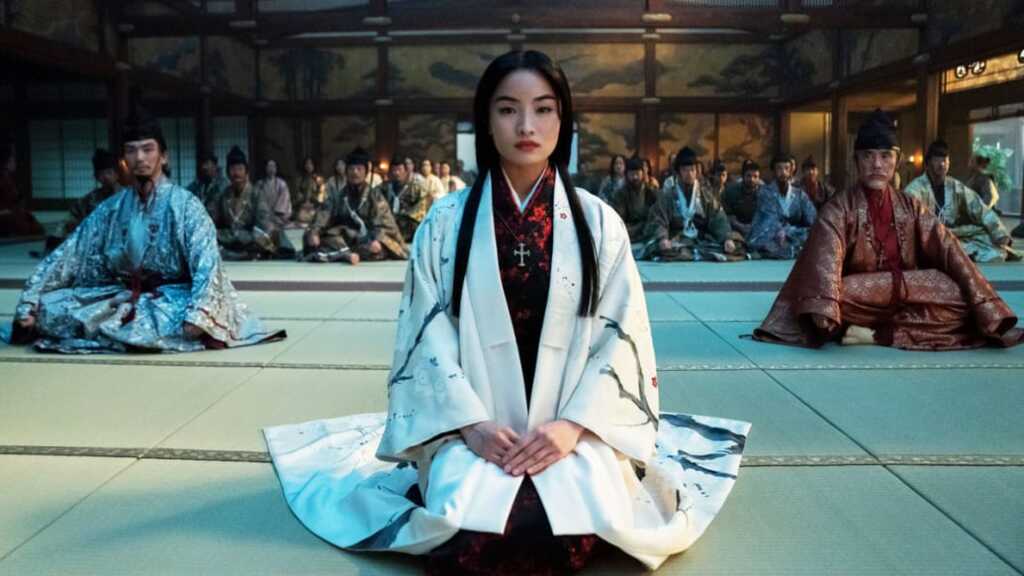
The television environment has transformed significantly since the peak of Thrones’ popularity. With the proliferation of streaming platforms, viewers’ preferences have become more diversified, and the era of extravagant spending in Peak TV seems to be leveling off. Essentially, the current conditions aren’t conducive for any show to replicate the phenomenon of “Game of Thrones,” regardless of its quality. However, among the contenders, the new FX limited series Shogun stands out as a strong candidate for the throne, offering a grand historical narrative brimming with political intrigue.
In the backdrop of 17th-century Japan teetering on the edge of civil strife, “Shogun,” adapted from James Clavell’s acclaimed novel and previously brought to life as a miniseries on NBC in 1980, unfolds. A year after the demise of the taiko, the paramount leader of a unified Japan, the nation stands at a critical juncture. With the taiko’s successor yet too young to ascend the throne, a Council of Regents comprising five individuals now governs in his place.
Among them, each harboring their own motives, two have embraced Catholicism following the arrival of Portuguese traders, while the most mysterious figure is Lord Yoshii Toranaga (played by Hiroyuki Sanada), a celebrated warrior of a distinguished lineage. The rest of the council has coalesced against Toranaga, apprehensive of his alleged designs to declare himself shogun and wield authority over Japan akin to a military ruler.
Lord Ishido Kazunari, with his cunning, leads the council in preparing to impeach Toranaga, a move tantamount to a death sentence. However, with the arrival of a battered Dutch vessel on Japan’s shores, steered by English sailor John Blackthorne, Toranaga spots an opportunity. Blackthorne, being a Protestant and thus an adversary to the Portuguese-allied council members, could serve as a valuable bargaining chip. Moreover, Blackthorne possesses knowledge of Western warfare, and his ship, considered “barbarian,” carries cannons and muskets—a potential game-changer in favor of Toranaga should conflict arise.
The setup of Shogun is intricate, with a key element being the dynamic allegiances among major political figures. This complexity is amplified by the strict rituals and customs inherent in Japanese culture. For example, in the opening scenes, a samurai of Toranaga speaks out of turn in response to an insult directed at his lord by Ishido. As a consequence, he is compelled to perform seppuku, effectively ending his lineage.
Such instances serve to highlight the stark contrast between Blackthorne’s perspective and the cultural norms around him. His incredulous reactions to the seemingly casual treatment of life and death by those around him serve to bridge the cultural gap for the audience. Moreover, Blackthorne’s culture shock provides moments of humor, such as his disbelief at the Japanese practice of bathing less frequently than he’s accustomed to. (Blackthorne, I understand the aroma in your kimono must be quite the conversation starter.)
Certainly, Blackthorne, being unable to speak Japanese, receives assistance from Toranaga who appoints Mariko Toda (played by Anna Sawai), a noblewoman from a disgraced family, to act as his translator. Mariko, who is a converted Catholic and speaks Portuguese, facilitates communication between Blackthorne and herself despite the dialogue being presented in English in the series. Over time, Mariko and Blackthorne form a connection as they navigate the peculiar circumstances they find themselves in: both are mere pawns in a high-stakes political game where a single misstep could plunge Japan into devastating warfare.
What distinguishes Shogun from other historical epics is its adept demonstration of restraint. While the series includes scenes of shocking violence where characters are swiftly decapitated, disemboweled, or blown into gory chunks of flesh by cannon fire, its focus primarily lies on the meticulous actions characters take to avoid descending into destruction. This is epitomized by Toranaga, whose past as a warrior taught him the value of letting his opponent strike first: Combat was always a last resort rather than a preferred course of action. This mindset extends into the political sphere, as Toranaga patiently awaits his rivals to make a move before revealing his own strategies.
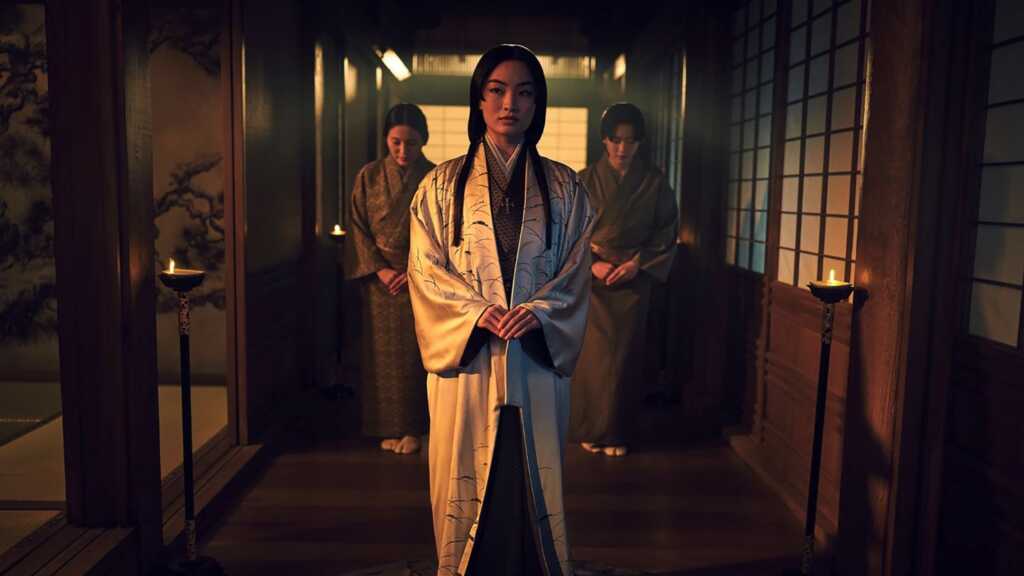
Shogun exhibits subtlety, a quality unexpected in such a grand production. This approach resonates with a recurring Japanese proverb in the series: “A man has a false heart for the world to see, another in his breast to show friends and family, and a secret heart only known to themselves.” Accordingly, Toranaga maintains such close-guarded secrets that even his most trusted advisers are uncertain of his true aspirations for shogun. Initially challenging to emotionally engage with, Shogun demands alignment with its nuanced perspective. However, once attuned to its wavelength, one can relish deciphering the unspoken intricacies and understanding the significance of what remains unsaid in pivotal moments. (Mariko excels at subtle criticism within societal constraints.)
The one notable exception to the typical narrative pattern is Blackthorne, who initially presents as a crude and outspoken individual at the start of the series. In many other stories, a character like Blackthorne would likely be depicted as a heroic figure—a white outsider bringing a new perspective and rescuing others, as seen in narratives like Dances With Wolves or The Last Samurai. However, what sets Shogun apart is that Blackthorne isn’t portrayed as a savior; instead, it’s Japan that profoundly impacts him.
As the series progresses, when Blackthorne encounters a former shipmate who is now intoxicated on sake and confrontational, he is taken aback by the stark change in his behavior. In that moment, he realizes the significance of honor and civility, marking a transformative realization for a character who learns to value the depth of Japanese culture and its contributions to his own growth.
It’s truly commendable that Shogun has been brought to fruition, especially given the scarcity of large-scale event series in today’s landscape, where networks and streamers are scaling back after years of lavish spending. It’s not unexpected that FX, a network synonymous with prestige television, has taken on such an ambitious project. FX has a track record of producing miniseries that evolve into anthology shows, as seen with Fargo, American Crime Story, and Feud.
Could Shogun follow suit? While the series may tell a self-contained story, it’s worth noting that Clavell penned six novels forming his Asian Saga, a collection of historical fiction focusing on Europeans in Asia and the cultural intersections that ensue. With historical epics currently enjoying popularity, delving into the Clavellverse seems like a logical step.
Shogun unquestionably merits recognition in its own right. The meticulous craftsmanship evident in every captivating frame, coupled with the dedication to presenting the story through a Japanese lens rather than exclusively from a Western perspective, underscores its excellence. With the majority of dialogue in Japanese (with subtitles available), Shogun invites viewers to transcend language barriers. Ultimately, Shogun isn’t merely a remedy for the Game of Thrones void; it emerges as the premier new series of the year—an introspective epic that consistently resonates on profound levels, both in its grandiose moments and subtle nuances.
Read More: House of the Dragon Finale shows the devastating Targaryen Civil War’s First Casualty
Disclaimer:
This content is AI-generated using IFTTT AI Content Creator. While we strive for accuracy, it’s a tool for rapid updates. We’re committed to filtering information, not reproducing or endorsing misinformation. – Jomotoday for more information visit privacy policy

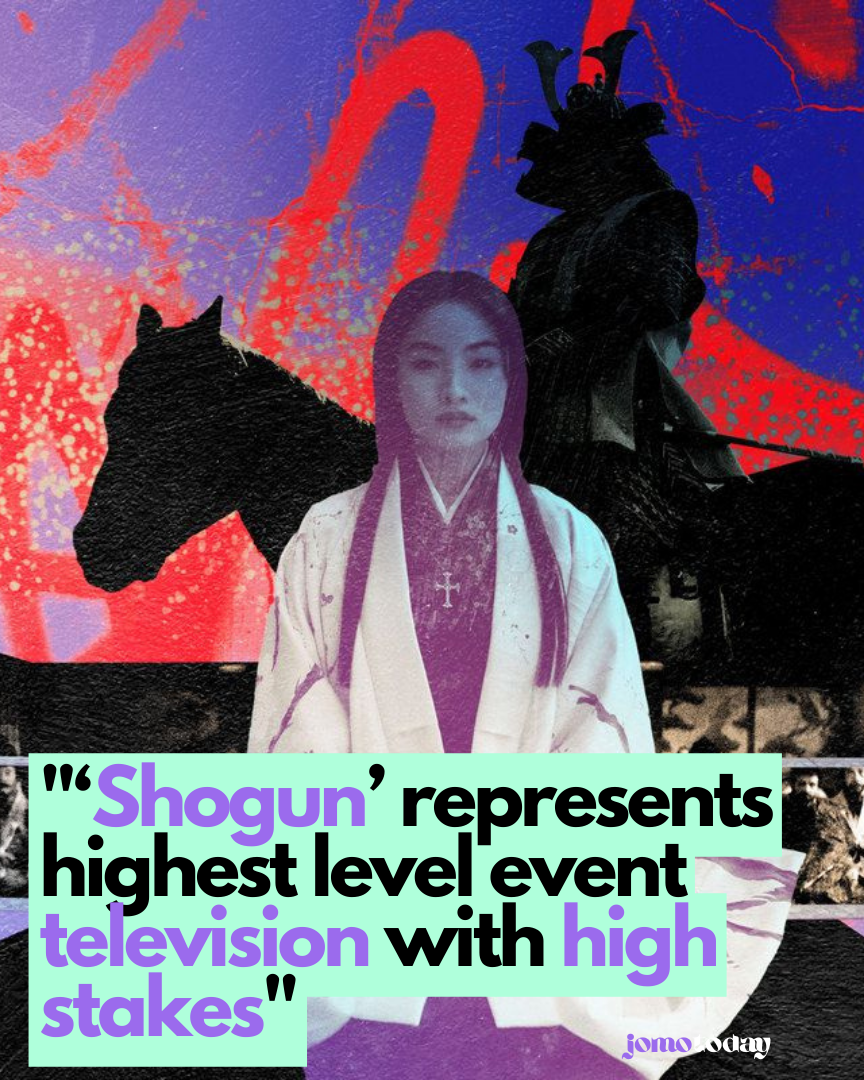
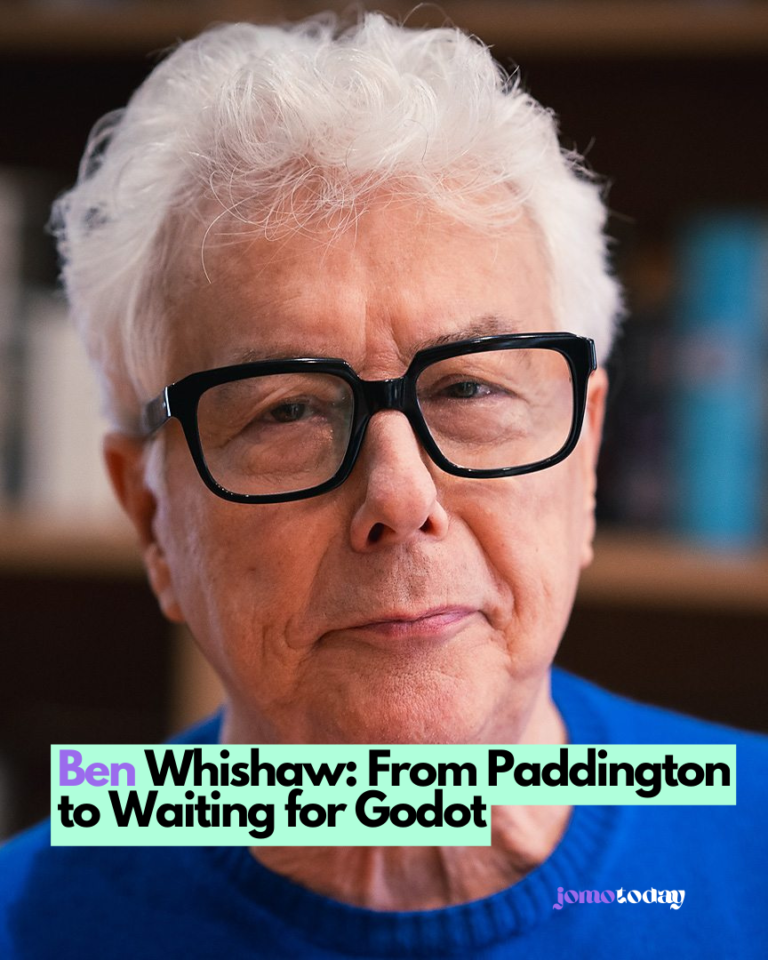

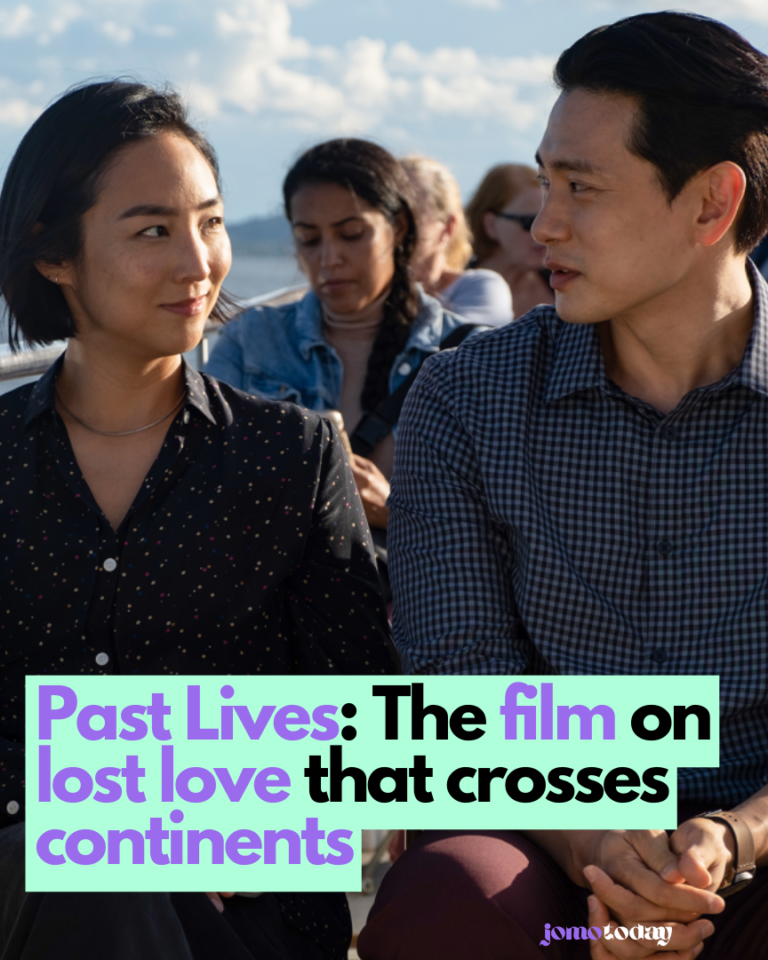

Leave a Comment